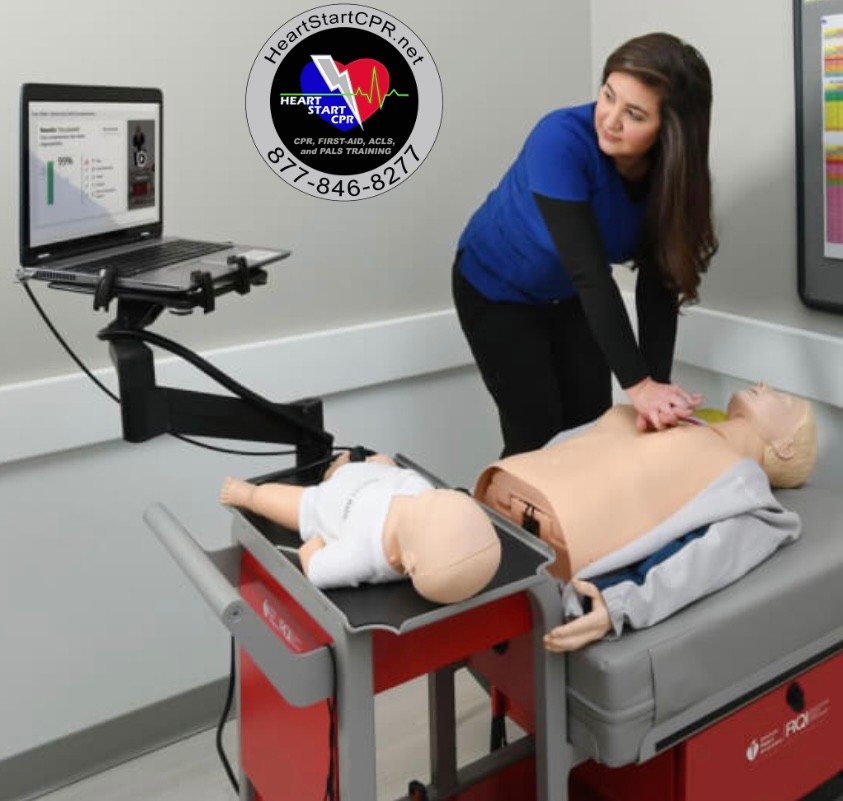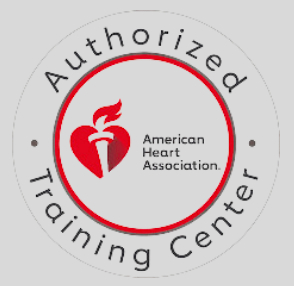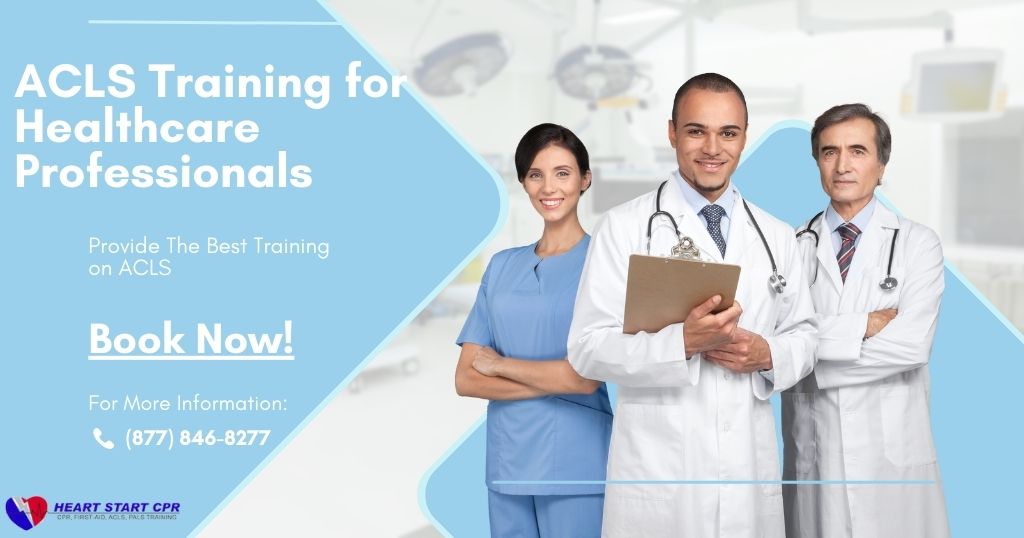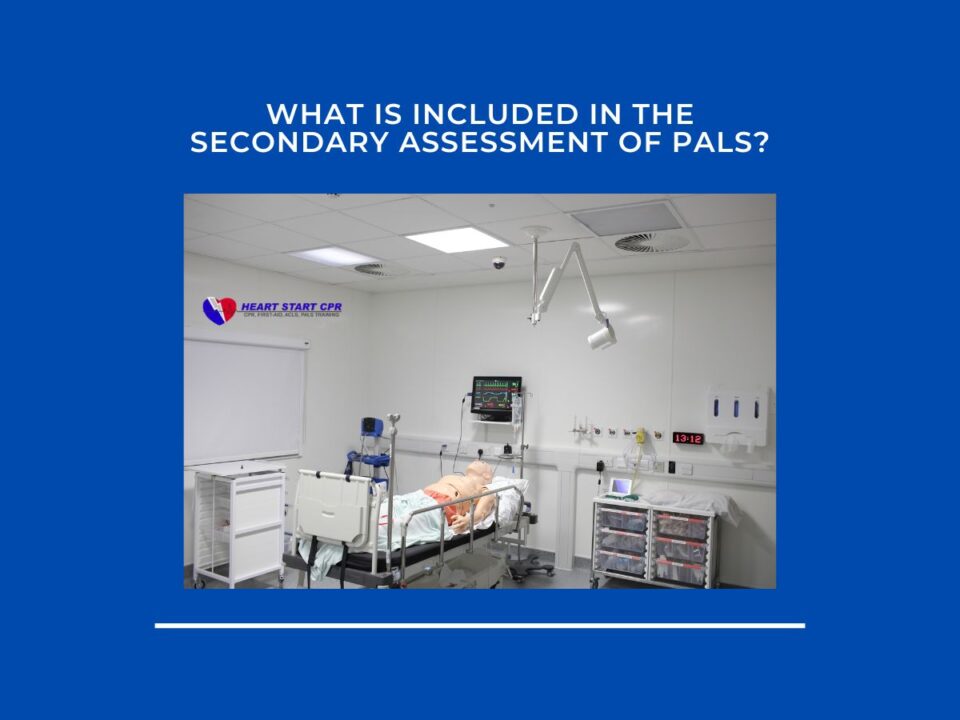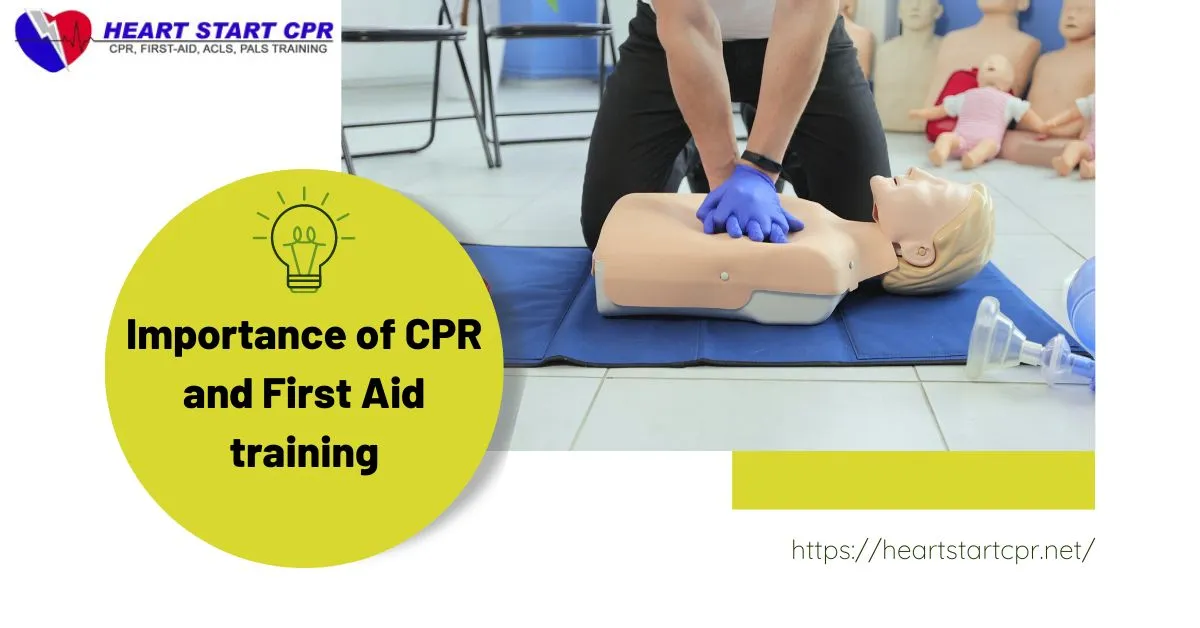
Importance of CPR and First Aid training
November 21, 2022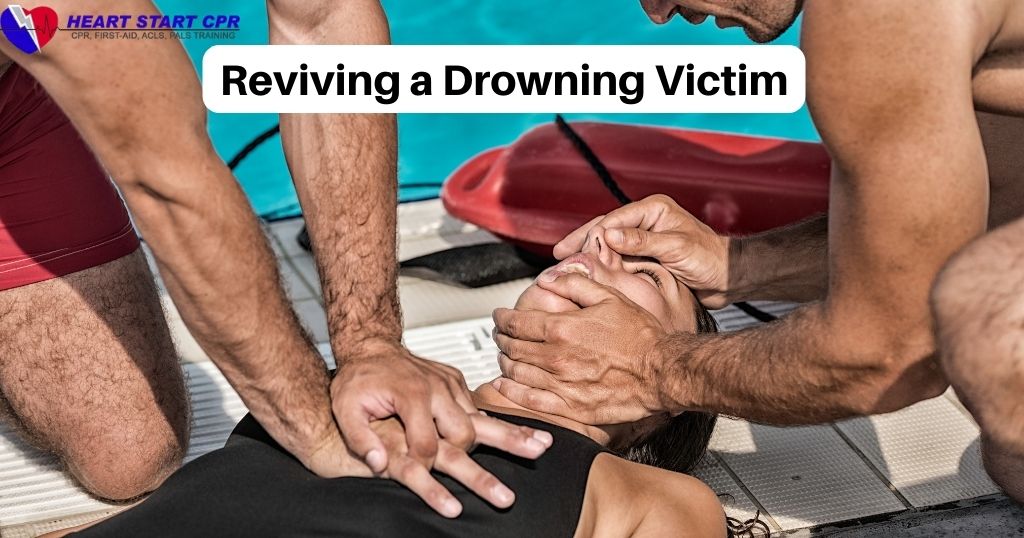
CPR For Drowning Victim: Lifesaving Steps to Know
December 13, 2022What Does ACLS Stands For?
ACLS stands for Advanced Cardiovascular Life Support and is a clinical guideline to treat life-threatening disorders, such as cardiac and respiratory arrest, shock, stroke, and trauma. ACLS procedures and strategies are set in specific algorithms that enhance the efficiency and effectiveness of advance cardiovascular emergencies. ACLS algorithm usually covers five separate components of peri-cardiac arrest:
- Airway management
- Ventilation
- CPR compressions
- Defibrillation
- Medication
By enhancing the CPR guidelines that are essential and effective in Basic Life Support (BLS), ACLS broadens the scope of BLS by recommending the use of additional medications and advanced procedures. Healthcare professionals, such as doctors, nurses, and paramedics, all need to treat advanced cardiovascular emergencies and must be certified in ACLS treatment. Trained individuals do ACLS treatment. ACLS saves lives, but it does not cure underlying medical end-stage or life-threatening conditions. ACLS is only successful in some states.
American Heart Association often revises the ACLS protocols to improve resuscitation efforts to ensure more successful lifesaving. Reducing disability and death rates from cardiovascular, cardiovascular disease, and stroke-related conditions is a top priority for healthcare professionals. This continual dedication to providing the best possible patient care is reflected in ACLS procedures.
It’s crucial to remember and understand specific ACLS algorithms as they simplify the step-by-step treatment process for patients. Memorizing these algorithms is essential for passing the ACLS exam.
- ACLS Cardiac Arrest Algorithm
- ACLS Bradycardia Algorithm
- ACLS Tachycardia Algorithm
- ACLS Acute Coronary Syndrome (ACS)
- ACLS Suspected Stroke Algorithm
- ACLS Post-Cardiac Arrest Care Algorithm
When is ACLS Performed?
ACLS is used in different life-threatening conditions. Below are Some of the cases where ACLS is performed:
- Advanced Cardiovascular Life support (ACLS) is performed in the case of a coma caused by stroke (Stroke algorithm is initiated), head injury, or seizures.
- Overdose, poisoning, or any other severe effects of drugs and exposure to hazardous chemical
- Electrolyte imbalance is caused by to lack or overdose of minerals like potassium, magnesium, or calcium in the bloodstream.
- Respiratory failure, which includes Pneumonia, asthma, drowning, and other lung disease
- Heart Conditions like cardiac arrest, heart attacks, congenital heart defects, and congestive heart failure
- Severe allergic reactions like anaphylaxis can be life-threatening.
- Terminal illnesses such as advanced cancer and liver failure in their last stages
- Smoke inhalation, severe burns, significant wounds, brain, and spinal cord injuries, and multiple trauma
- All types of arrhythmias, Ventricular fibrillation, ventricular tachycardia, supraventricular tachycardia, and fast atrial fibrillation
What is ACLS Certification?
Advanced Cardiovascular Life Support (ACLS) is a set of therapeutic approaches to treat critical life-threatening events such as cardiac and respiratory arrest, heart issues, stroke, and others in emergency settings. Online ACLS recertification courses also provide the information required to make accurate clinical diagnoses and decisions in various life-threatening circumstances. Acquiring proficiency in ACLS often involves a lot of study and practice. A person typically goes through a brief online or offline course of study for ACLS certification before passing a certifying exam. Heart Start CPR offers comprehensive course materials, tests, and certification for individuals interested in studying ACLS online.
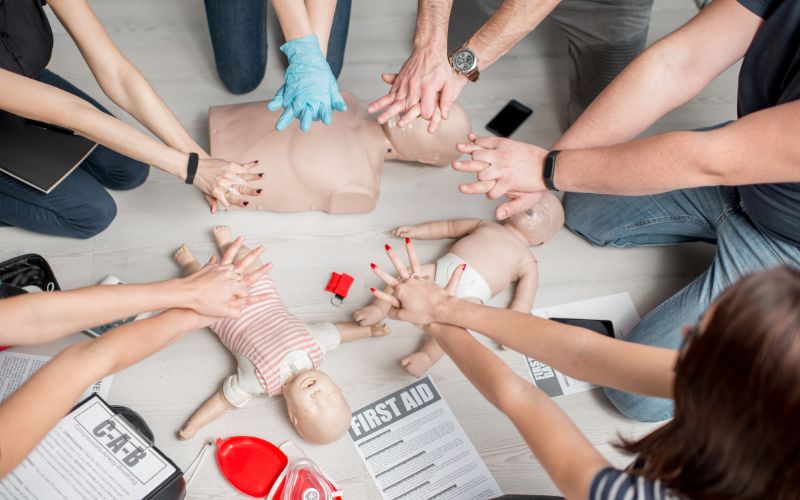
The meaning of ACLS Certification is to provide healthcare professionals the skill that goes beyond Basic Life Support techniques. In addition to providing knowledge in fundamental drug therapy and successful team interaction, ACLS teaches beneficial skills while working in the field. Similar to Basic Life Support training, ACLS aims to improve patient outcomes by preserving life and attempting to preserve neurological function after cardiac-related events like heart attacks or strokes. Applying the American Heart Association’s procedure improves resuscitation efforts to save more lives since advanced life support training is successfully based on its standards, which are updated regularly. The ACLS certificate is valid for 2 years after which you have to renew it by enrolling in an ACLS recertification course. Learn more about the ACLS renewal process and options for renewal.
Primary Purpose of ACLS Certification
The Main Objective of ACLS Certification is to keep medical practitioners ready. It gives them the tools they need to respond quickly, intelligently, and correctly to situations involving cardiac diseases. This certification will teach you how to make judgments on whether to defibrillate, what kind of issue the patient is experiencing, and what kind of medicine is most effective for returning the heart to a normal rhythm. Certification in ACLS has various advantages. Following are some of the benefits of ACLS Certifications:
Improves Your Standing in the Workplace
ACLS Certification is a must if you want to work in a hospital’s specialty departments, such as the critical care unit or the emergency room. By enrolling in this course, you may gain experience operating in professional, high-pressure situations. Additionally, you learn practical abilities, including how to help patients manage specific cardiac diseases and strokes. You also know how to recognize life-threatening conditions, how to treat them, and which medicines are most effective. Additionally, gaining certification and passing the test will add prestige to your resume. Your reputation among peers improves as a result.
Enables You to Stand Out in the Employment Market
There is a massive demand for certified healthcare professionals in the employment market. The U.S. Bureau of Labor Statistics projects a 4 million employment gain and a job growth of up to 14% by 2026. This rise is the result of several factors. One of these is the rising need for certified nurses due to the rate of chronic illnesses. In light of this, there will be a significant need to separate from the competition and stand out in what is expected to be a competitive marketplace. Here, having an ACLS certification may set you apart from the competition.
Acquire a Better Technical Understanding
Learning never stops at school or the workplace. You should constantly make an effort to learn to advance your career as a healthcare professional. A certificate in ACLS equips you with the technical knowledge necessary to deliver improved patient care and avoid further health issues. Additionally, you’ll learn how to employ cutting-edge tools that can help you diagnose and treat patients more quickly and effectively.
Who Needs ACLS Certification?
You have undoubtedly heard of ACLS if you are working in the healthcare industry now or considering doing so. ACLS is a medical credential necessary for many healthcare jobs, especially nursing. Medical professionals must complete ACLS training and be certified to work in emergency or critical units. Likewise, nurses working in nursing homes where cardiac arrest is most likely to happen need to be ACLS certified. Additionally, as RNs and LPNs frequently interact with cardiovascular patients, they must be appropriately qualified and conversant with the ACLS process.
Today ACLS certification is required by most employers in the medical industry. ACLS training guarantees that every team member has received the necessary training and is up-to-date with all the modifications, enhancements, and developments in handling cardiac patients. Fortunately, online training is available for nurses and other healthcare workers who have busy schedules and must acquire this qualification.
If you are someone curious about How You can get ACLS Certified? Heart Start CPR offers American Heart Association Certified ACLS Courses to students all over California. ENROLL NOW
What is ACLS Certification for Nurses?
Advanced Cardiovascular life support (ACLS) training is a must for registered nurses if they wish to work in the specialty areas of hospitals. Nurses must take American Heart Association ACLS-certified medical training courses. The primary goal of ACLS Certification for nurses is to provide treatment to persons experiencing cardiac and pulmonary arrests. In addition to treating the patients, ACLS also provides nurses with the knowledge and abilities to recognize severe cardiac arrest situations. The training also includes CPR certification, a type of basic life support. All medical personnel engaging in cardiopulmonary emergencies, including nurses, need training in ACLS.

The nurse spends more time with patients than doctors do, so they are the emergency responders in case of any emergencies. Nurses first handle most cardiac-related emergencies and other life-threatening situations, so the nurses working in emergency rooms and other urgent care units must use their ACLS skills more often.
Also, Read About What Is BLS Training And Why Is It Important?
Get AHA ACLS Certification at Heart Start CPR
Heart Start CPR offers AHA ACLS training in San Francisco Bay, Oakland, San Jose, Pleasant Hill, and San Ramon. We offer classroom AHA ACLS Certification courses to students all over California. The American Heart Association ACLS Class for Healthcare Providers instructs various medical specialists in identifying life-threatening situations safely, quickly, and effectively.
Heart Start CPR is an AHA-certified professional training organization founded in 2003. We annually teach more than 6,000 students in CPR and First Aid Classes, PALS Classes, ACLS Classes, and BLS Courses. Our lessons are enjoyable and low-stress. We provide evening and weekend sessions to accommodate your schedule. Please call us at (877) 846-8277 for on-site training at your workplace’s convenience. We also offer online AHA ACLS Certification Course for MDs, RNs, EMTs, Dentists, and Medical Personnel with busy schedules.

